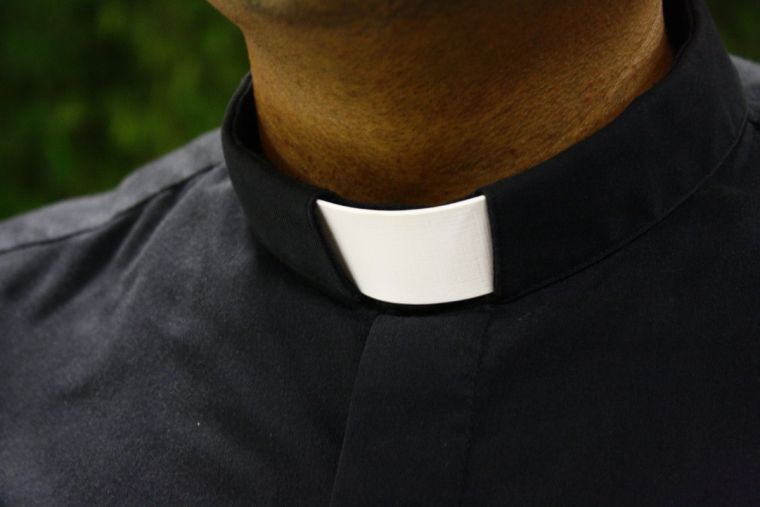Cassock chasers and compromised clergy: A response to abuse in the Church
Some recent blogging about sexual abuse and harassment in the Church of England has referred to 'cassock chasers'. When I read it, it was a phrase new to me; but finding out what it meant was a revelation, in two ways. It's not only that women are afraid to complain about male clergy harassment because they'll be dismissed as 'cassock chasers' - women who pursue priests and look for revenge when their feelings aren't reciprocated. But it's also that some male clergy actually do stereotype women in this way, similar to how many men inside as well as outside the Church may see women, not as people, but as sexual stereotypes – 'gels', 'slags', 'slappers' or worse, to be defined by men's desires and fears, not understood for who they really are.

Some will say, 'It's just a joke', the dishonest defence of bullies everywhere. But it isn't, is it? That the phrase even exists, that any cleric could think of a woman as a 'cassock-chaser', that any woman could fear being treated as one, is a symptom of how deep-rooted the problem of patriarchal control is in the Church of England. To call someone a 'cassock chaser' is no joke, but a shallow, stereotyped and sexualised male-centred response to a person's pastoral need.
There are many people we encounter in pastoral work who long for love, affection and intimacy. Some may respond to the loving pastoral care of a priest or other caring person by transferring their feelings to them, perhaps projecting onto them their image of an idealised partner.
A professional and caring pastor will handle those feelings carefully, and find ways to help the person concerned, even if because of the person's mental illness, or because of the transference taking place, they aren't able to help the person directly.
An inadequate pastor will be flattered or frightened, or assume that it's all about 'me the pastor' rather than all about them the person in need. If the pastor is also emotionally vulnerable, they can exploit the vulnerability of the person in need who is drawn to them – hence so much emotional and sexual abuse in the church and in other caring organisations. And so the need for robust pastoral structures and practice, proper supervision and the confessional, and for pastors – and men in particular – to know themselves well and be getting help for their own emotional issues. If you don't understand what transference and projection is, you shouldn't be in pastoral ministry – you and others will be at risk.

Part of the same picture of the need for robust structures and practices is the growing call from survivors of abuse like Gilo and others including some bishops for the Church to set up independent structures for safeguarding and discipline. This should cover the compromised ministry of bishops, who have to administer both pastoral care and discipline; the close relationship between the Church's main insurer and the Church itself; and the difficulty of trusting bishops and clergy to discipline themselves, set as they are within a network of personal and professional relationships and a complex and difficult legal framework.
Whether it's about pastoral care or safeguarding, abuse or harassment, or issues around clergy discipline, the lack of trust generated by many years of poor practice in the Church needs a more urgent and radical response than has happened so far. That response needs to help victims and survivors find help and justice. It should also help bishops and clergy themselves to be secure in their work and ministry, and so reduce the stress on clergy which leads to greater vulnerability to pastoral and personal breakdown – and so the cycle continues. And it needs to stop.
Let's pray for the House of Bishops in their reflections on all this when they meet soon. It's a hard call to agree a vision for the future, and then to change how things are done, when it means admitting the implicit or explicit criticism of how things have been. But it also offers hope, not only for silent victims and struggling survivors, but also for all who work in ministry, that together we can find a way forward that sets one another free.











